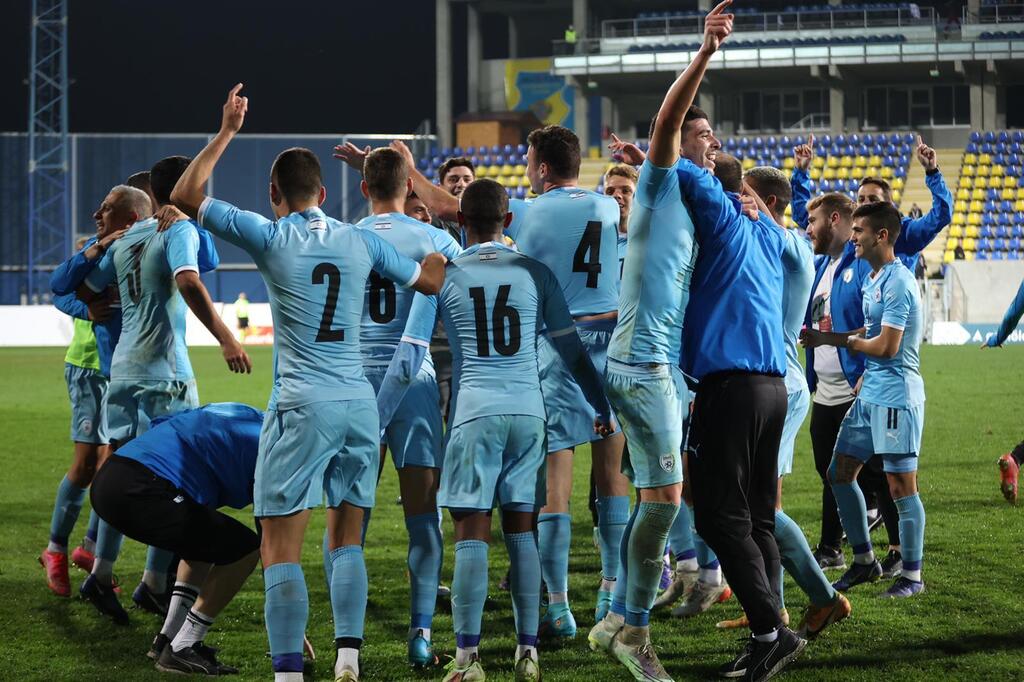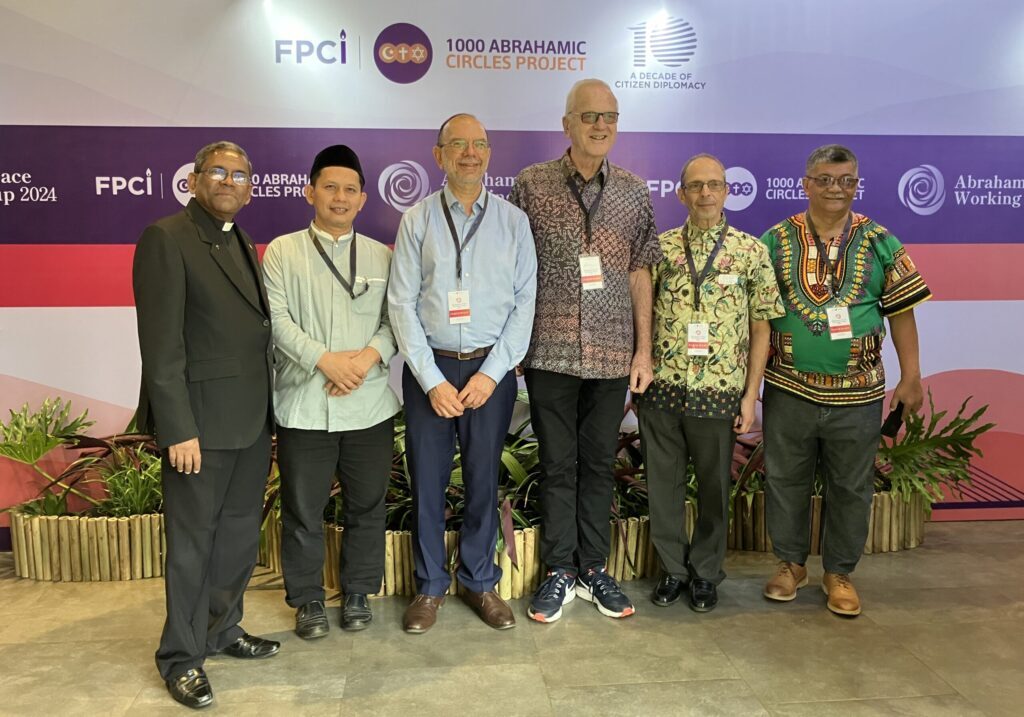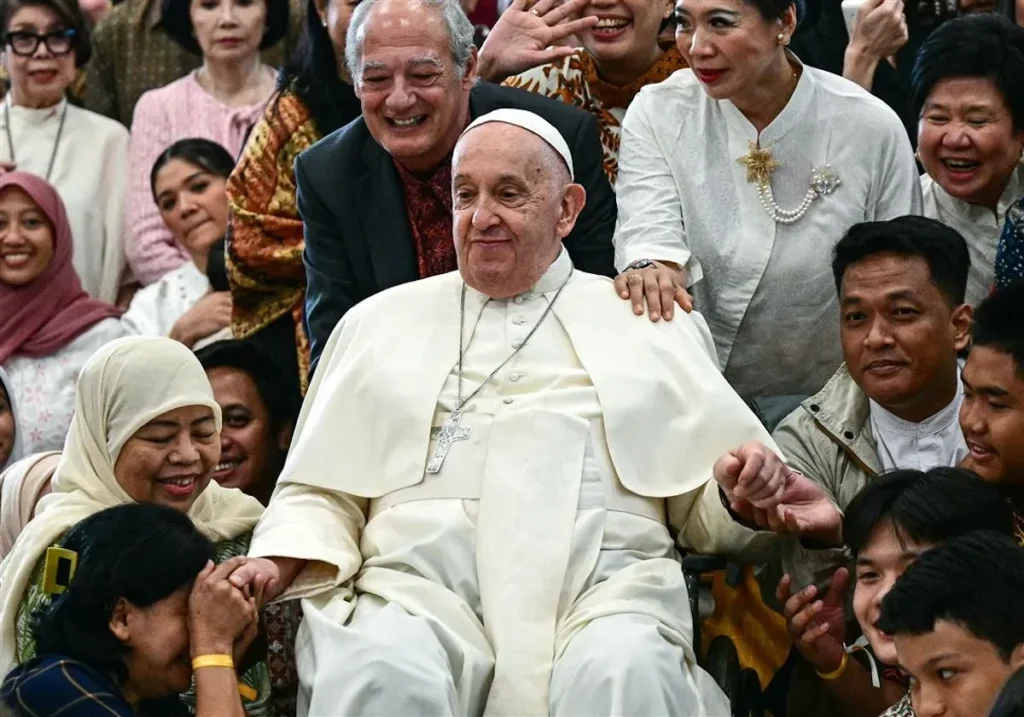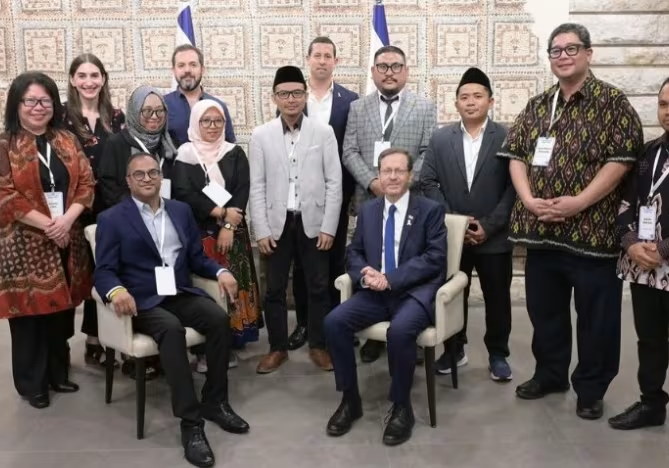Australia/Israel Review
Asia Watch: Playing by the rules
Mar 27, 2023 | Michael Shannon

Note: Subsequent to this article being posted, Indonesia could well be stripped of its right to host next month’s Under 20 football World Cup after the governors of two provinces, Bali and Central Java, refused to allow the Israeli team to play at two of the six designated stadiums. World football governing body FIFA has cancelled the group drawing event scheduled for March 31 in Bali.
Even though many sports lovers insist that “Sport and politics don’t mix,” any arena containing national flags inevitably creates a space for political posturing. The news of an Israeli football team playing at the Under-20 World Cup, which Indonesia is hosting, has revived public debate over whether Indonesia is opening up to Israel.
On the pitch, Israel’s U-20 team booked its place in the tournament by virtue of being one of the best youth teams in the European confederation (UEFA), reaching the semi-finals of the 2022 U-19 Euros. This would be Israel’s debut U-20 World Cup appearance.
The headline is that Indonesia will not prevent Israel from participating in the tournament – slated to kick off in May – despite political differences and the fact that Indonesia has never established diplomatic relations with the Jewish state.
Indonesian Foreign Affairs Ministry spokesman Teuku Faizasyah stated the obvious by saying his country does not have a say in deciding the rules and the qualified teams at the championship.
“Our stance on Palestine has always been, and will always remain consistent. It is FIFA that decides on the participation of all teams and the rules of the game at the U-20. Despite Indonesia’s position as the U-20 host, our country’s consistent stance on Palestine will not waver, not even a little,” Teuku told a press briefing in Jakarta on March 10.
Teuku added that Indonesia had always been vocal about its pro-Palestine stance in every international forum. “During his visit to Indonesia last October, Palestinian Prime Minister [Mohammad Shtayyeh] expressed his utmost gratitude for Indonesia’s unwavering support,” Teuku said.
At the recent 52nd session of the UN Human Rights Council meeting in Geneva, Foreign Affairs Minister Retno Marsudi told the forum that “we cannot close our eyes to the sufferings of the Palestinians.” Retno later said that no other country raised the Palestine issue at the session.
The air of justification about these statements reflect a government awkwardly juggling the wishes of FIFA (not to mention Indonesia’s passionate football fans) and conservative Islamic groups unable to stomach any Israeli presence.
The Indonesian Ulema Council (MUI), the highest Islamic clerical body in the nation, called on the Government to explain how it will accommodate the Israeli team without compromising Indonesia’s stance towards Israel. Chief of the MUI for Foreign Relations, Sudarnoto Abdul Hakim, said it is “a sensitive issue” for Indonesians.
“Accepting even providing security guarantees to the Israeli national team for the U-20 World Cup shows that Indonesia has been subjugated by pro-Israel forces through this football diplomacy,” Hakim told Xinhua on March 14. Allowing the Israeli team to compete in Indonesia with its flag flying could lead to social unrest and harm the Palestinian people, he added.
A small group staged a protest in Solo, Central Java – the host city for the tournament’s final match on June 11. Among their concerns were that the unfurling of the Israeli flag on Indonesian soil could be construed as the host nation’s validation of Israel as a “legitimate” country. A week later, more than 100 protesters filled a major thoroughfare in downtown Jakarta, halting traffic, chanting “Allahu Akbar” and “Get out Israel from U-20 World Cup.”
The Prosperous Justice Party (PKS), an Islamist opposition party, also joined in. “Israel was repeatedly boycotted on the sports stage. This time, PKS also bans Israel’s participation in the U-20 Football World Cup! The world’s colonialism must come to an end!” said a post on PKS’s official Twitter account.
Yet, good sense prevailed at the Jakarta Post. The national daily’s editorial of March 15 applauded the “determination” of Soccer Association of Indonesia (PSSI) chairman Erick Thohir in asserting Indonesia’s readiness to host the tournament and provide security to all participants, the Israeli team included.
“As a good host Indonesia should not mix sports with politics. The government, in this regard, is responsible for the safety of the Israeli team to prove its compliance with the FIFA ruling… We welcome all teams, including the Israelis, to Indonesia. As a proper host, Indonesia will do what it takes to make sure all the guests are safe and sound.”
Meanwhile, Coordinating Political, Legal and Security Affairs Minister Mahfud MD says the Government is well-prepared to protect the Israeli football team, as well as other squads. “We have discussed it and prepared every track. The political, diplomatic, and security aspects of this have all been discussed,” he said.
The tournament will kick off on May 20 at the Gelora Bung Karno (GBK) Stadium in Jakarta, with Team Indonesia to play the opening match against a team to be determined by a draw on March 31. All things being fair, Indonesia being drawn in the same group as Israel is an intriguing, albeit somewhat unnerving, possibility.






